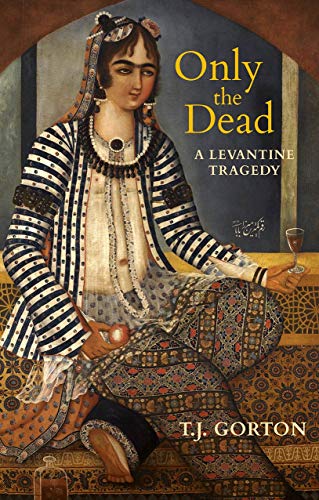Only the Dead: A Levantine Tragedy
In 1980s war-torn Beirut, Vartan Nakashian, two years older than the century, sits reading Persian poetry among the disintegration of his home. He ruminates on life, loss and guilt, thoughts wandering back to 1915-18 when, as a young Armenian from Aleppo, he had to live on his wits to survive the catastrophe befalling his people.
Told in the first person, this reads like an account, or a journal, with a lot of names and information but little variation in pace or characterisation apart from Vartan himself. The characters make long speeches, which distance rather than engage the reader. This disappointed me, for the time and setting, especially the Armenian genocide, are of interest to me. I would like to have known what happened in Persia to Shoushan, the love of his life. The ending did move me, although why it takes place in Byblos isn’t clear, unless it is because he went there with his niece; whose daughter she was, we’re not told; most of his family perished. This was one of too many things that tripped me up and pulled me out of the narrative. A map would have been welcome, and a bigger glossary: for several early pages I puzzled over who Mayrig could be (his mother). There is hardly any sense of place. Phrases like “the houses around there all had a Greek feel” and “some houses were clearly Turkish” do nothing to help the reader. The photographs are touching, but I would have preferred richer writing to put me there with Vartan.
The author is an Arabic scholar who has lived in the Middle East. The book is in part based on somebody he knew. It might appeal to readers familiar with the area, its history and languages. Others could struggle.










